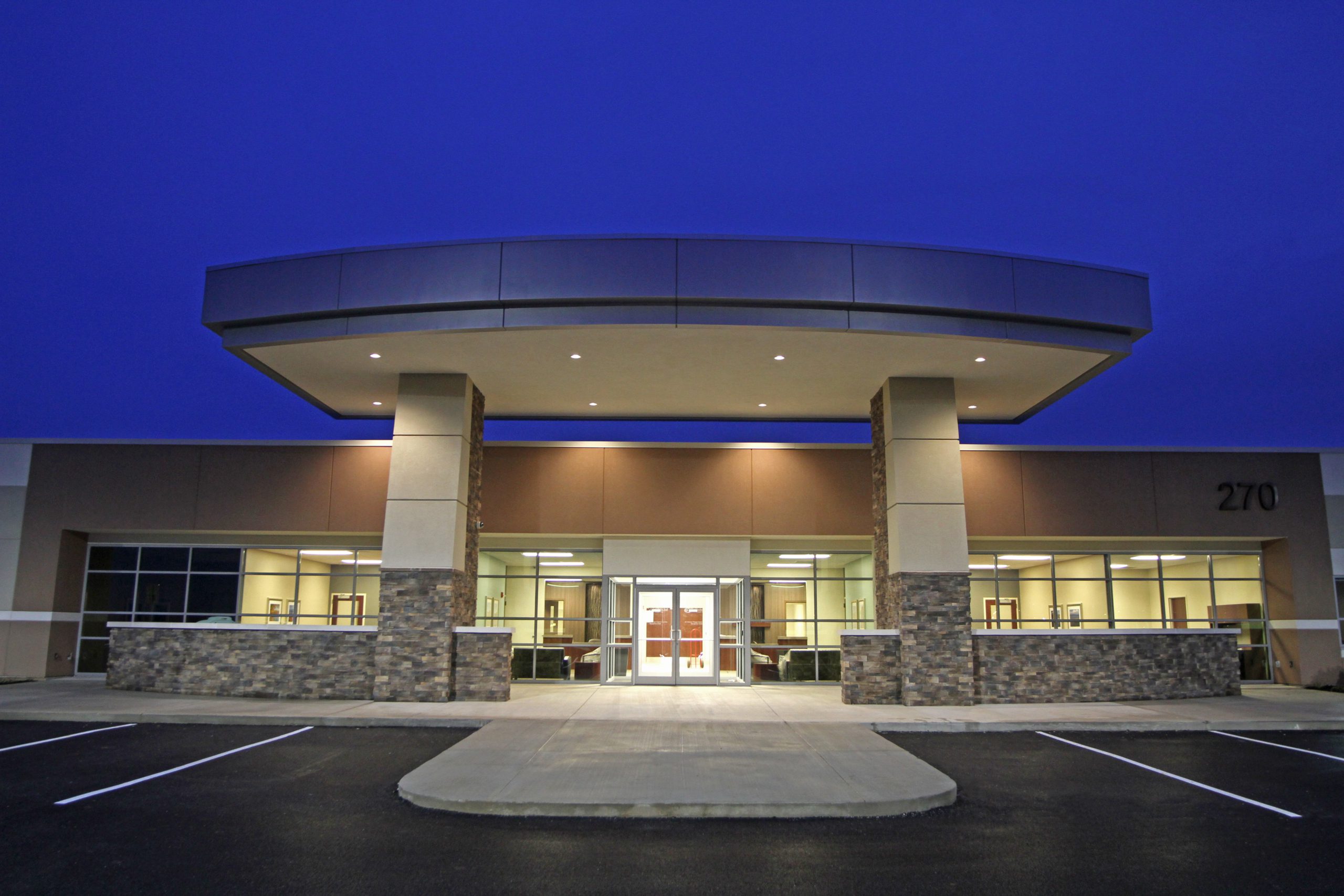A Guide to Partial Hospitalization Programs (PHPs) for Adults

Making the decision to participate in a mental health treatment program is often the first step in achieving improved well-being and functioning. However, this decision is also a delicate one as it can be challenging to decide which level of care is right for your needs.
Out of the different treatment options available, partial hospitalization programs (PHP) often offer a middle ground between complete inpatient hospitalization and outpatient care.
PHPs provide intensive, structured support for people struggling with mental health or addiction issues. They offer a range of therapies and activities, all aimed at promoting long-term recovery.
However, understanding the specifics of PHPs can be challenging. What are the requirements for admission? And how do these programs compare to other treatment options?
This guide aims to answer these questions and more. We provide a comprehensive overview of partial hospitalization programs for adults, helping you make informed decisions about your or your loved one’s care.
Whether you’re a patient, a family member or a healthcare professional, this guide offers valuable insights into PHPs.
What is a Partial Hospitalization Program (PHP)?
An adult partial hospitalization program is a type of intensive treatment. It offers support similar to inpatient care but without overnight stays. It serves an essential role in the recovery process, providing an ‘in-between’ level of care between inpatient and outpatient programs.
PHPs cater to a wide range of mental health and substance abuse issues. Patients participate in structured intensive therapy during weekdays and return home in the evenings.
A multidisciplinary team of professionals, including psychiatrists, therapists and social workers, leads these programs. Their goal is to provide comprehensive care tailored to each person’s needs.
Typical activities in PHPs include individual and group therapy, educational sessions and skill-building exercises. These components are crucial for equipping patients with coping strategies and life skills.
These programs aim to prevent relapse and promote long-term recovery. They focus on structured support, offering therapies and activities designed for sustained improvement.
Admission and Requirements for PHPs
Admission to a partial hospitalization program often involves several steps and requirements. Understanding these can help you prepare and streamline the process.
To enter a PHP, the person usually needs a referral from a healthcare provider. An evaluation then determines whether a PHP is the right level of care.
Key requirements often include:
- Diagnosis of a mental health or substance use disorder: A clinical assessment identifies the need for intensive treatment.
- Ability to participate actively: Participants should be able to engage in therapy and group activities.
- Willingness to commit to the program schedule: Attendance is crucial for achieving the best outcomes.
Each program might have specific criteria, so it’s important to discuss these with the PHP treatment facility.
The Benefits of PHPs for Adults
Partial hospitalization programs offer many benefits for adults facing mental health or substance use challenges. These programs provide a structured environment that supports recovery and personal growth.
PHPs deliver intensive therapeutic interventions that can be more effective than traditional outpatient care. The daily structure helps patients establish routines and build coping skills.
Another significant advantage is the emphasis on holistic treatment. PHPs integrate various therapies to address both mental and physical health, promoting overall well-being. With comprehensive care, participants often experience significant improvements in their quality of life.
Intensive support and individualized care
One of the standout features of PHPs is the level of intensive support provided. Participants engage in daily therapy sessions designed to address their specific needs. This constant support helps in managing symptoms effectively.
Individualized care is a cornerstone of PHPs. Treatment plans are tailored to each participant’s unique circumstances, providing a personalized approach to mental healthcare. This customization increases the chances of a successful recovery.
PHPs also foster a collaborative treatment model. Multidisciplinary teams, including psychiatrists and therapists, work together to deliver cohesive care. This team approach ensures all aspects of an individual’s health are considered, enhancing recovery outcomes.
Comparing PHPs to Other Levels of Care
Understanding where PHPs fit in the continuum of care is important to know during your mental health journey. PHPs serve as a middle ground, offering more support than outpatient programs but less intensity than inpatient care.
PHPs suit those who need comprehensive treatment without the need for full-time hospitalization. This allows for both effective care and personal commitments, such as work or family.
The choice between PHPs and other treatment options hinges on the person’s unique needs and circumstances. PHPs offer a flexible yet robust approach, making them a valuable component in many treatment plans.
PHP vs. Inpatient and outpatient programs
Inpatient programs provide 24-hour care for severe mental health or substance use issues. They’re ideal for critical cases needing immediate, supervised intervention.
Outpatient programs, however, offer basic therapeutic support with minimal disruption to daily life. These are suitable for those with less severe symptoms or in post-recovery maintenance.
PHPs stand out by offering daily, structured therapy with the flexibility of living at home. They blend the intensity of inpatient care with the flexibility of outpatient programs, striking a balance for those requiring substantial, but not round-the-clock, support.
Is a Partial Hospitalization Program Right For You?

Adult PHPs offer crucial support for mental health and addiction recovery. These programs provide a structured environment to help manage daily life challenges.
If you’re wondering whether a partial hospitalization program is the right choice for your needs, call us at 270-886-1919 or visit our facility to get started. Our Assessment Center is available 24 hours a day, seven days a week to provide a no-cost mental health assessment for you or your loved one.
Remember, recovery is a journey, and finding the right support can make all the difference. If you or someone you know is struggling with a mental health disorder or substance abuse, consider reaching out to a PHP for guidance and support.
If you believe your child is experiencing a mental health crisis, CALL 988 or seek the nearest emergency room.
For physical health emergencies, CALL 911 or seek the nearest emergency room.






